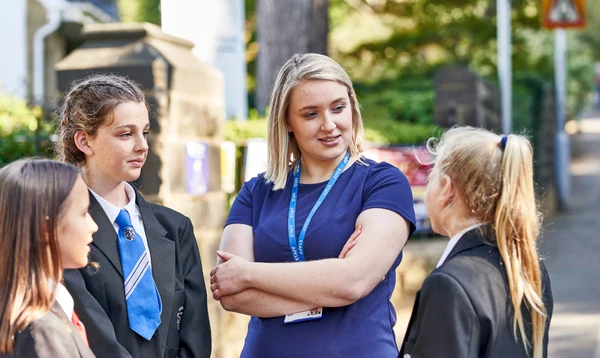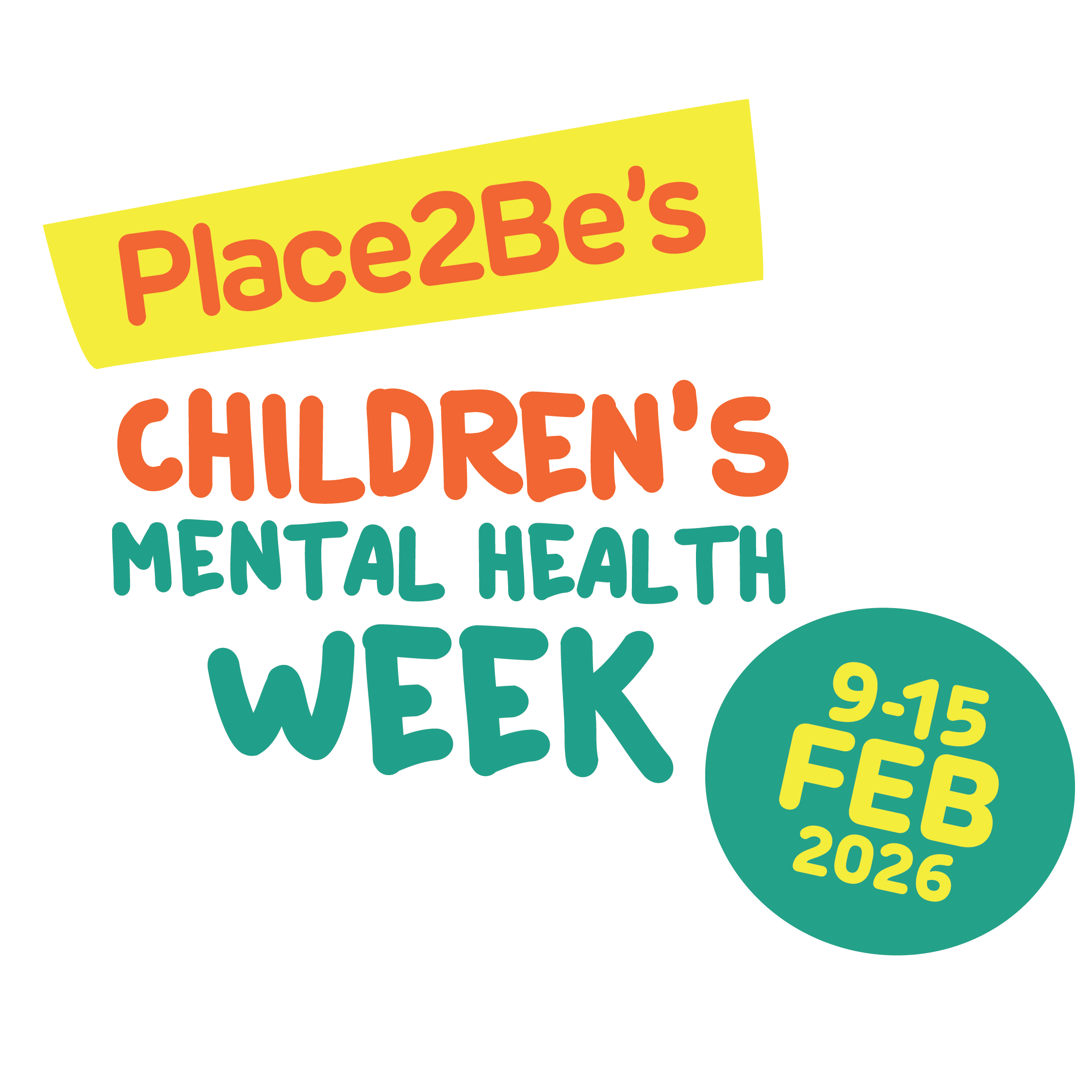How schools can take part in both Children’s Mental Health Week and Safer Internet Day
In 2023, Safer Internet Day (7 February) and Children’s Mental Health Week (6-12 February) fall within the same week.

With just a few weeks to go until both, we’ve shared some ideas on how schools can take part in both campaigns.
What is Children’s Mental Health Week?
First launched by Place2Be in 2015, Children's Mental Health Week is the key national moment for recognising children’s mental health. The theme this year is Let's Connect. When we have healthy connections – to family, friends and others – this can support our mental health and our sense of wellbeing.
For Children’s Mental Health Week 2023, we are encouraging people to connect with others in healthy, rewarding and meaningful ways.
What is Safer Internet Day?
Safer Internet Day is the UK’s biggest online safety awareness day, and in 2023 will take place on 7 February 2023, with celebrations and learning based around the theme ‘Want to talk about it? Making space for conversations about life online’.
Coordinated in the UK by the UK Safer Internet Centre, we are celebrating by putting children and young people’s voices at the heart of the day and encouraging them to shape the online safety support they receive.
There are a range of free resources, films, top tips and more to help you get involved in the day. Find out more at saferinternetday.org.uk.
How do online safety and mental health work together?
With young people spending more time online, we know that this time will impact their digital wellbeing and mental health, both positively and negatively.
A recent UNICEF report found that more than a third of young people in 30 countries report being cyberbullied, with 1 in 5 reporting to have skipped school as a result.
However, we know that many young people also gain great experiences from being online, not only for talking to friends or family but also for finding support, gaming, researching and much more. In 2021, Safer Internet Day research found that over half of young people (58%) say playing games online changes their mood positively, and 59% say it makes them feel good about themselves.
In schools, conversations you start about online safety and the impact it has on mental health can help young people to feel empowered to speak out and talk to an adult if they ever feel concerned about something they see or experience online.
The benefit of celebrating both Safer Internet Day and Children’s Mental Health Week
By incorporating Safer Internet Day into your Children’s Mental Health Week celebrations, you can ensure that your learners are thinking about their wellbeing, whether they are spending time online or offline.
There are a few easy ways you can do this:
Talk to your students about building relationships online
There's little difference between life on and offline for the current generation of children and young people who have grown up with unfettered access to the internet. But with growing concerns around e-safety, it's essential as a teacher to discuss why building online connections could come with certain risks and real-life ramifications.
We recommend downloading Place2Be's activity toolkit for 14-18-year-olds to get them thinking about how they approach building safe and healthy relationships.
The Safer Internet Day resources for 11-14s create opportunities for your students to reflect on different forms of online communication and explore the influence of tech on their relationships and interests.
Create space to talk about specific online issues
Although there are so many great things to do online, some students may unintentionally come across harmful material, with issues such as online bullying and online grooming having the potential to create long-term implications for the mental health of children and young people.
The resources for Safer Internet Day are all about starting these conversations and supporting the young people you work with when they reach out.
If you think any of your students have been affected by cyberbullying or grooming, signpost all the ways they can seek help from an adult. It is important that you follow your school's safeguarding policy and procedures if you are concerned about a student.
Social media
A recent Stem4 survey found that 97% of children as young as 12 are now on social media. While many will find these to be fun communities to be a part of, 70% said it makes them feel stressed, anxious and depressed.
As schools, you can help support them by creating a safe environment to discuss some of the advantages and disadvantages of life online. We recommend reading advice on Childnet on what to do if your students see something online that upsets them. You could also share Place2Be’s tips on healthy ways to use social media with parents and carers.
Tackling misinformation (fake news)
Children and young people are constantly bombarded with misinformation that can lead to disagreement. You can speak to your students about how it’s not always easy to decipher between real and fake news.
Childnet have created information and advice around key online issues, including fake news, for young people aged 11-18. These pages can be useful for your students to read through to find out about issues they may be facing online. Safer Internet Day resources from 2021 also focus on misinformation and fake news for all ages.
Mental health support
We know that there could be many students who have already been affected by online content, abuse or practices. Place2Be has shared some tips on supporting the wellbeing of children who may have seen upsetting content online.
